A snapshot of my cancer and faith journeys, and the bridging of two worlds into one centered around God.
I suffered needlessly for years from my mental health issues after cancer. Rekindling my Faith is what ultimately cured them.
I was raised in the Catholic church, but quickly fell away from the church after leaving home for college in 1996, and have never attended church as an adult. Despite having been baptized and confirmed and doing all of the things a good young Catholic boy ought to have done (except becoming an altar boy, which I refused), I never established a firm connection with either God or the church during my childhood, but have still largely lived a very moral and Christian life. This is the story of my return to Faith, the Church, and our Lord and Savior Jesus Christ.
I originally wrote this blog for my friend, Justin Birkbichler’s, ABallsySenseofTumor website back in March 2020 as one of his Band of Ballers feature. I had intended to cross-post it here at my own website after a month or so, but with COVID-19 in full swing and a whole lot of disruption in ours and everyone else’s lives, I just burned out and never got around to it. It’s been a year since I’ve done anything on my website, so here it finally is with a few little tweaks and updates to get it up to date! I hope you enjoy this as the first of my 10 years after cancer series of blogs.
Nine years ago this month, I had just finished 4 brutal rounds of chemotherapy fighting testicular cancer, and was on deck for a highly invasive surgery the next month in June. You might be surprised to learn that this was all the “easy” part of my cancer fight. What was hard was overcoming all of the mental health issues that many cancer survivors experience in the aftermath, such as anxiety, depression, and even PTSD symptoms. Learning to overcome all of this at a younger age has perhaps left me better prepared for other challenges in life, including the COVID-19 pandemic, so here are some mental health pointers for Mental Health Awareness Month.
Based on an estimate out of the UK that cancer diagnosis are down by 75% due to coronavirus lockdowns, the U.S. could easily be missing 25,000 cancer diagnosis per week. At the same time, evidence from antibody testing has emerged showing that the coronavirus is at least an order of magnitude more prevalent than believed, which also brings the estimated fatality rates down as well. Are lockdown policies really correct? How many otherwise healthy people are being saved from COVID19 lockdowns, only to lose other lives elsewhere from cancers that aren’t detected or are detected too late, along with other health screenings that are being missed. Robust public policy debate is needed, but isn’t happening.
Community guidance and thoughts about SAR-CoV-2 / COVID19 from a number of testicular cancer experts and health care professionals, and how it could impact testicular cancer fighters and survivors, and a little advice for everybody else as well from someone that’s been there before. In many ways, so much of what I experienced as a cancer fighter and survivor has been coming back in the face of this global pandemic.
I’ve been pretty quiet and basically AWOL on social media for the past few weeks because I had a really rough go at the end of the year. A grueling work schedule drove me straight into the ground towards the end of 2019, and unfortunately I wasn’t doing myself any favors either, all of which put me into an end of year winter solstice tailspin combined with a complete testosterone level collapse, and a suicidal episode. You can read all about it here. Maybe now I’ll finally learn, and practice what I preach.
I can still have nightmares about cancer now and again even nearly a decade after my diagnosis, but I don’t let them bother me.
Just because you suffer from post-cancer neuropathy and chronic fatigue issues, doesn’t mean you can’t push yourself and get out there and kick some ass. You’re looking at a guy who just a few years ago struggled to run more than 2-3 blocks at a time because of terrible chronic fatigue issues, now coasting into the finish line in 30 minutes in a 5K race, and feeling great while doing it!
I’m pleased to see that the new American Urological Association Guidelines on the Diagnosis and Treatment of Early Stage Testicular Cancer have finally been published, and it was a great honor to be a small part of this!
I was diagnosed with testicular cancer at the age of 33 and thought my life was over, but today I’m an 8 year survivor of the disease, and at the age of 41 I’m not even a young adult anymore. Times change, perspectives change, we all grow and evolve not just as cancer survivors but in life itself. At this point I just don’t give a (bleep) about cancer anymore. Here’s why.
My youngest turning 10 has been an unexpectedly big deal for me in my cancer survivor life, and it’s as though some massive box that I never knew about has suddenly been checked. My biggest fears about cancer were never dying or a life not lived, but rather not being around for my family and my children. They still have a lot of growing up to do, but with both now 10 or over, they’ll never be able to say that they never knew their father, and that’s a great moment for me.
It’s sobering to look back through my long list of cancer blogs and all the hell that young adult cancer put me through, but it’s an honor to still be here, an honor to have a voice, and to serve as one of many beacons of light to help guide and inspire others to find their way after cancer.
Actually I have, more than once, but I need to practice what I preach too!
At 7 years out, I'm very lucky and blessed that I don't really have to think about cancer too much anymore. There's no reason that I have to, and I don't. Testicular Cancer is a cancer that you fight like hell and either beat completely within a few months or a year, or it very quickly takes you with it, and I’m still here. My cancer fight seems like ancient history at this point - a tiny spec in the rear view mirror, and life has moved on.
The burden of cancer might not ever go away, but you can turn it into a force for good in your life and your world. I live the rich, full, and complete life that I do because of the burden of cancer that drives me. I would not have my life any other way today.
As a newly minted 40 year old young adult cancer survivor, I've spent much of my 30's heavily engaged with testicular cancer advocacy, but there's other things I've aspired to do in my arc through life. If my life before cancer was my first act, and my life after cancer from the ages of 33 to 39 has been a second, then let this new decade of my 40's become my third. A new era in my life begins today.
I have 4 draft Facebook page posts, and a half dozen draft blogs on my website just trying to capture all of the thoughts running through my head, and I've finally gotten a handle on what's been going on with this crazy Scorpio mind of mine, as I approach 40 as a young adult cancer survivor. As I approach this huge milestone, I'm remembering all of those times that I was so spooked and convinced that this day would never come and missing out on so many life experiences, but at the same time I'm also remembering how I made it through those times, how I overcame it all, and all of the amazing people that I found or who found me along the way that were able to help me in this journey, and such deep love and gratitude that I feel for so many.
Six years after my cancer fight, I still GRIEVE the loss of my life as I once knew it sometimes, thinking that everything would always be okay, that my family would always be healthy, and friends that I truly love and care about will always be around. I want to believe that, but know it's just now how things work. Why do I get so sappy and emotional? Because I love you, and I want you to know that now, today, because I know that you might not be around tomorrow, or maybe I'm the one that might not be around.
One day I was reading my friend's website, and my jaw hit the floor when I read a post about grief. It was the first time I'd ever seen a "grief chart." I had no idea there even was such a thing, and I could easily identify myself at every single step of this big curve as a cancer survivor. I had been writing and sharing in my cancer journey for a few years at this point, and it had never occurred to me even once that this entire process and all that I was going through, was all really one massive grief curve.
Today marks my last two days of chemotherapy for testicular cancer, six years ago. Why do I mark the last two days, and not the last day? Because I distinctly remember just how scared out of my mind I was, worrying that the chemotherapy hadn't done its job, and that I'd have to go through these months of misery all over again, possibly without a healthy exit.
The retroperitoneal lymph node dissection surgery (RPLND) is a really gruesome and highly invasive surgery for some testicular cancer patients. It can be used as a primary form of treatment for some Stage I and Stage II patients that have been diagnosed with nonseminomatous germ cell tumors (NSGCT), and can also be used as a secondary form of treatment for the post-chemotherapy management of residual masses. The surgery is horrifying to many newly diagnosed testicular cancer patients and caregivers when they first read about it. Many will gravitate towards chemotherapy thinking that it’s “easier”, but I’m here to tell you not to be afraid of the RPLND surgery. It might actually be the better option for some.
I'm not afraid of cancer anymore, I no longer experience cancer-related anxiety, depression, or posttraumatic stress, and that's an achievement to be proud of when it's only taken me 5 years to get there. Personal behavioral change after cancer has been the key to that.
I happen to be a good baseline for what post-cancer depression can feel like, because there had never been even a single depressive ‘bone’ in my body prior to cancer. I was always upbeat and optimistic about everything, believed that there were solutions to every problem, and did not have pre-existing issues with depression or anxiety. My cancer diagnosis at the age of 33 is the first time I faced any mental health issues in my life at all, and they hit me like a load of bricks.
April is testicular cancer awareness month, and as a 9 year survivor of this disease, I can tell you a few things about testicular cancer.The first is that contrary to what people might expect, testicular cancer is actually the #1 form of cancer in men ages 15-44 internationally, yet almost no one talks about the disease. It’s sad and frustrating that 20 years after the founding of a very famous organization in yellow by a now very infamous testicular cancer survivor, that we still have to struggle so hard for any sort of public awareness about this disease. Testicular cancer in young men is about as common as breast cancer is in young women, yet no one ever talks about testicular cancer! In the U.S. alone, someone is diagnosed with testicular cancer every hour, and someone dies of this disease every day.
As an American, I tend to not pay too much attention to what members of the British Royal family are up to, but I just became a huge fan of Prince Harry. It turns out that he and I both have something in common, and that is two years of total chaos after traumatic events in our lives. For Prince Harry, it was the tragic loss of his mother, Princess Diana, 20 years ago when he was just 12 years old, and for myself, my cancer diagnosis six years ago at the age of 33.
The mental challenges that we can still face in our minds, even many years after cancer. "I've been feeling extremely restless lately, and I haven't known why. I realized I've been longing for that security that we all felt about our lives before cancer, and the restlessness is because I know I'll never feel that again. At the conscious level, I've understood and accepted this for a long time, but it doesn't mean that we don't subconsciously still long to feel that again, and that it can't affect us. A bit of depression perhaps, finding myself once again longing for something that I know I'll never feel again?
There were some fascinating inter-related but completely independent conversations amongst cancer survivor friends of mine this week that triggered an interesting cross-section of thoughts.

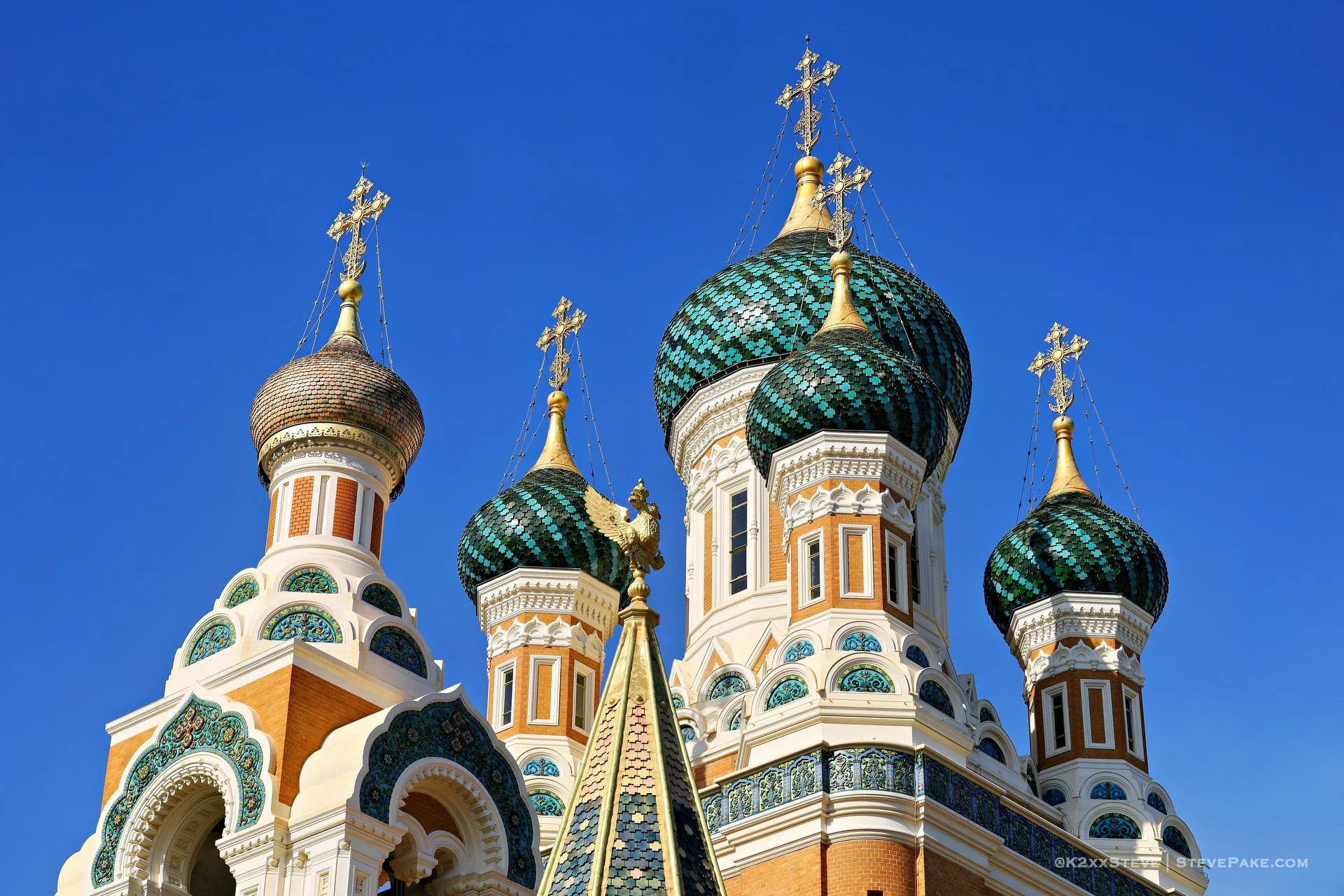

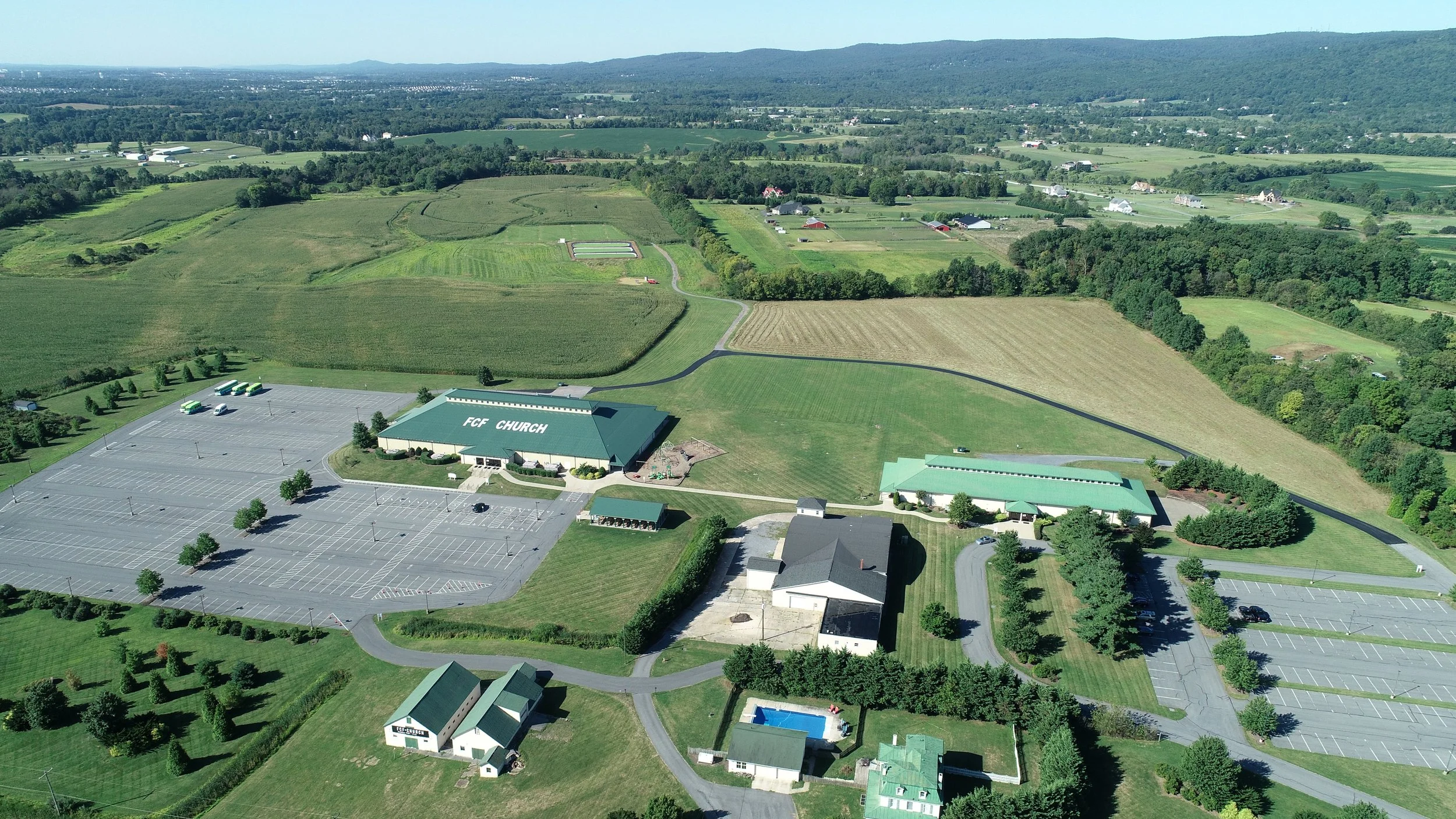
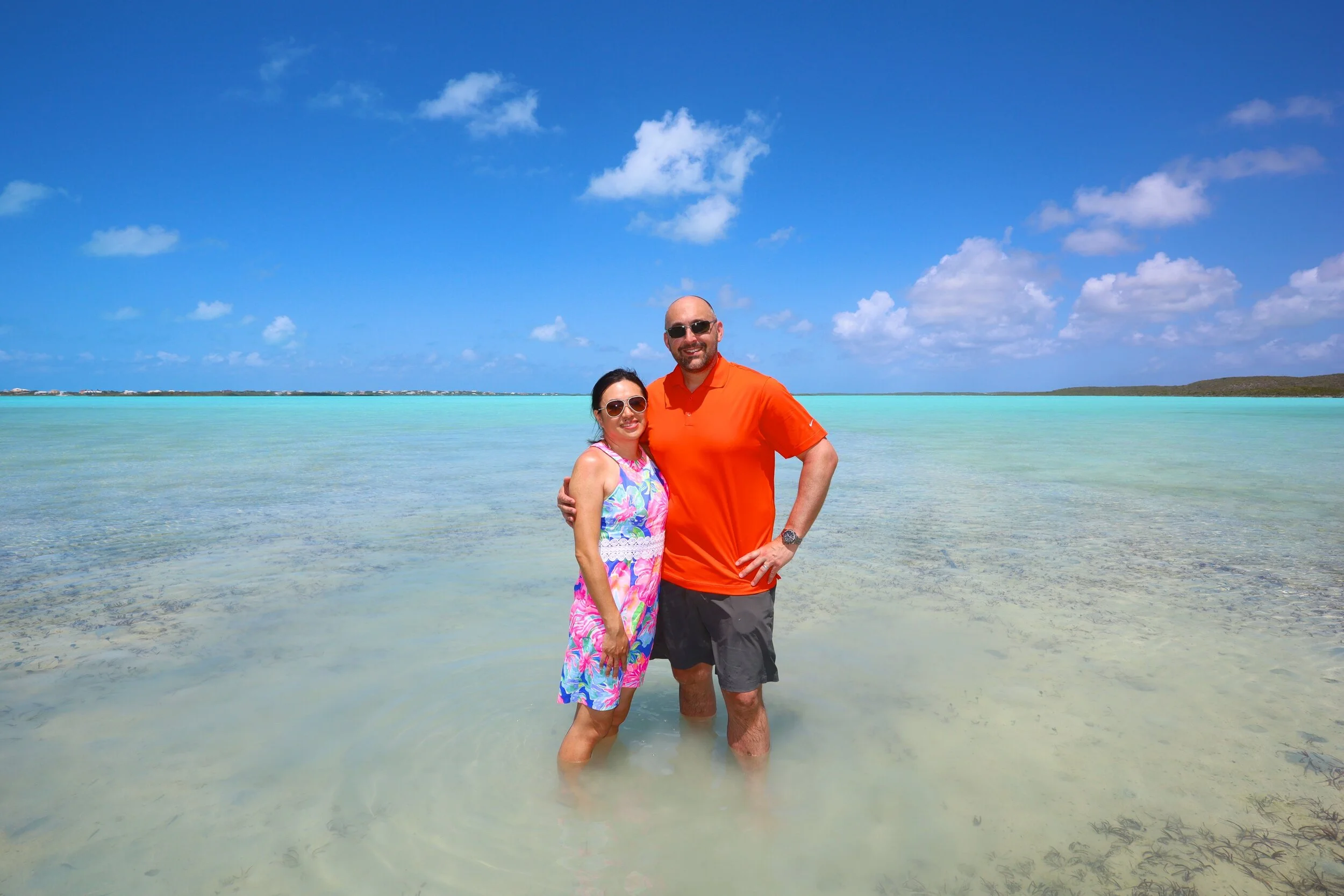


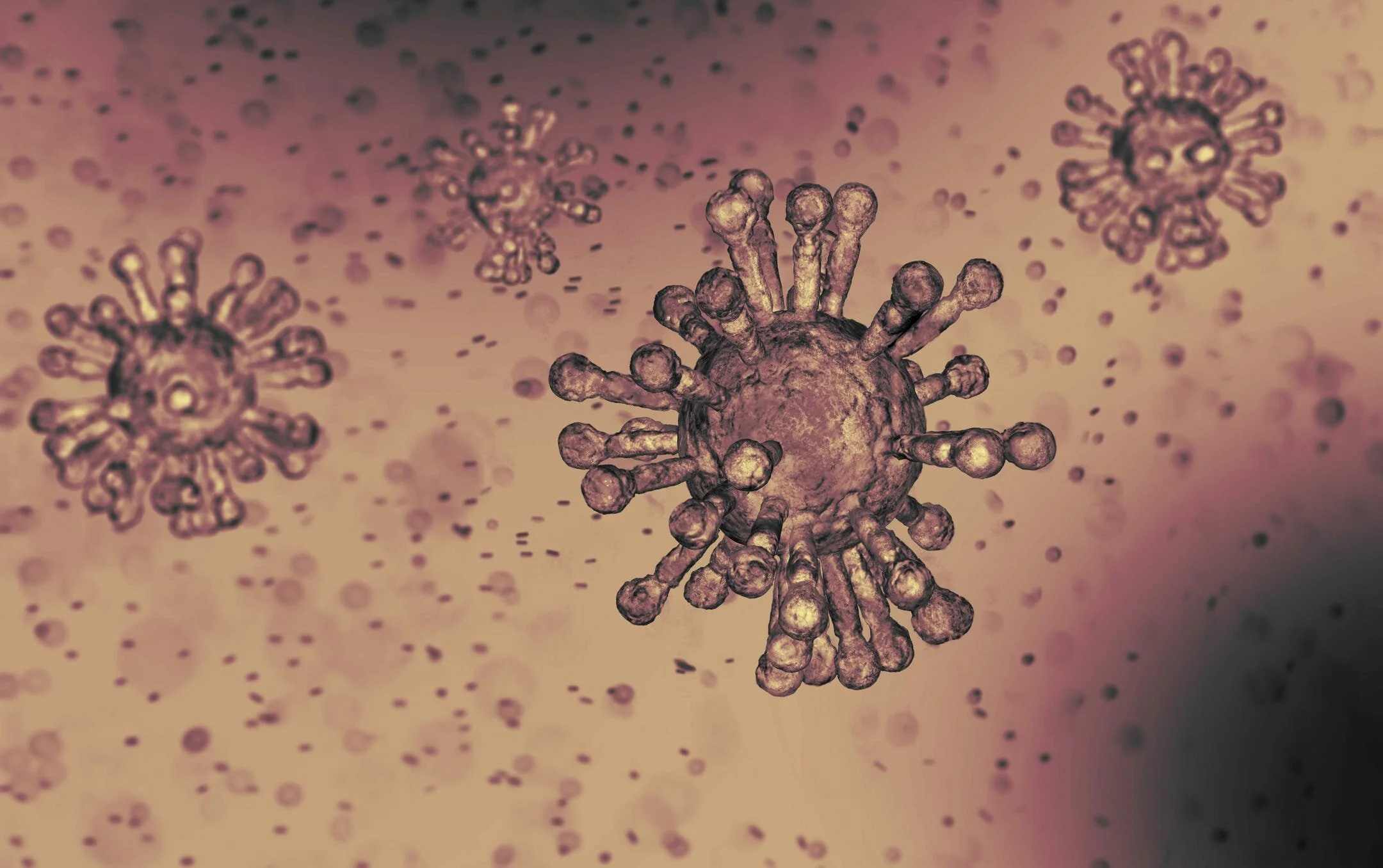









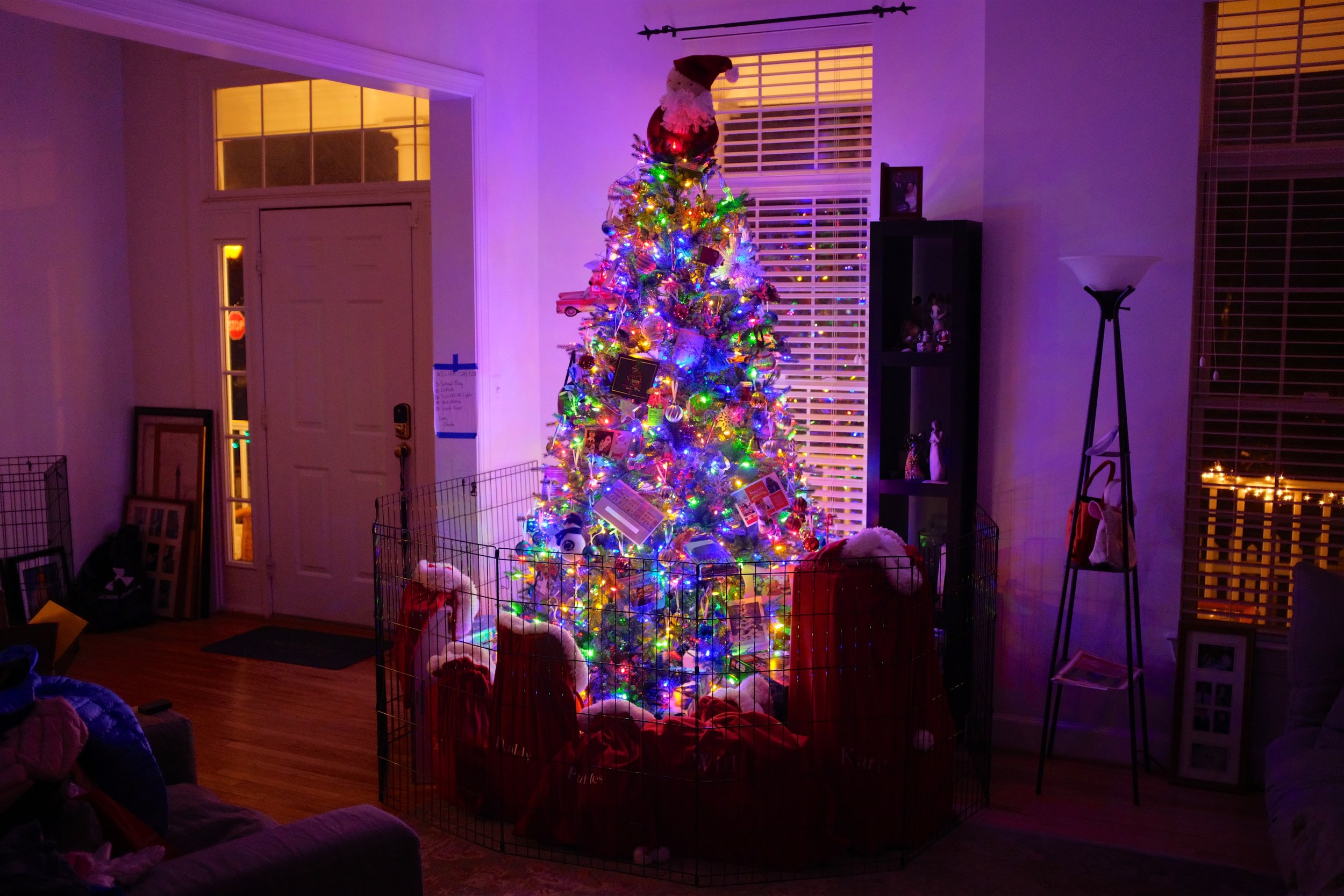



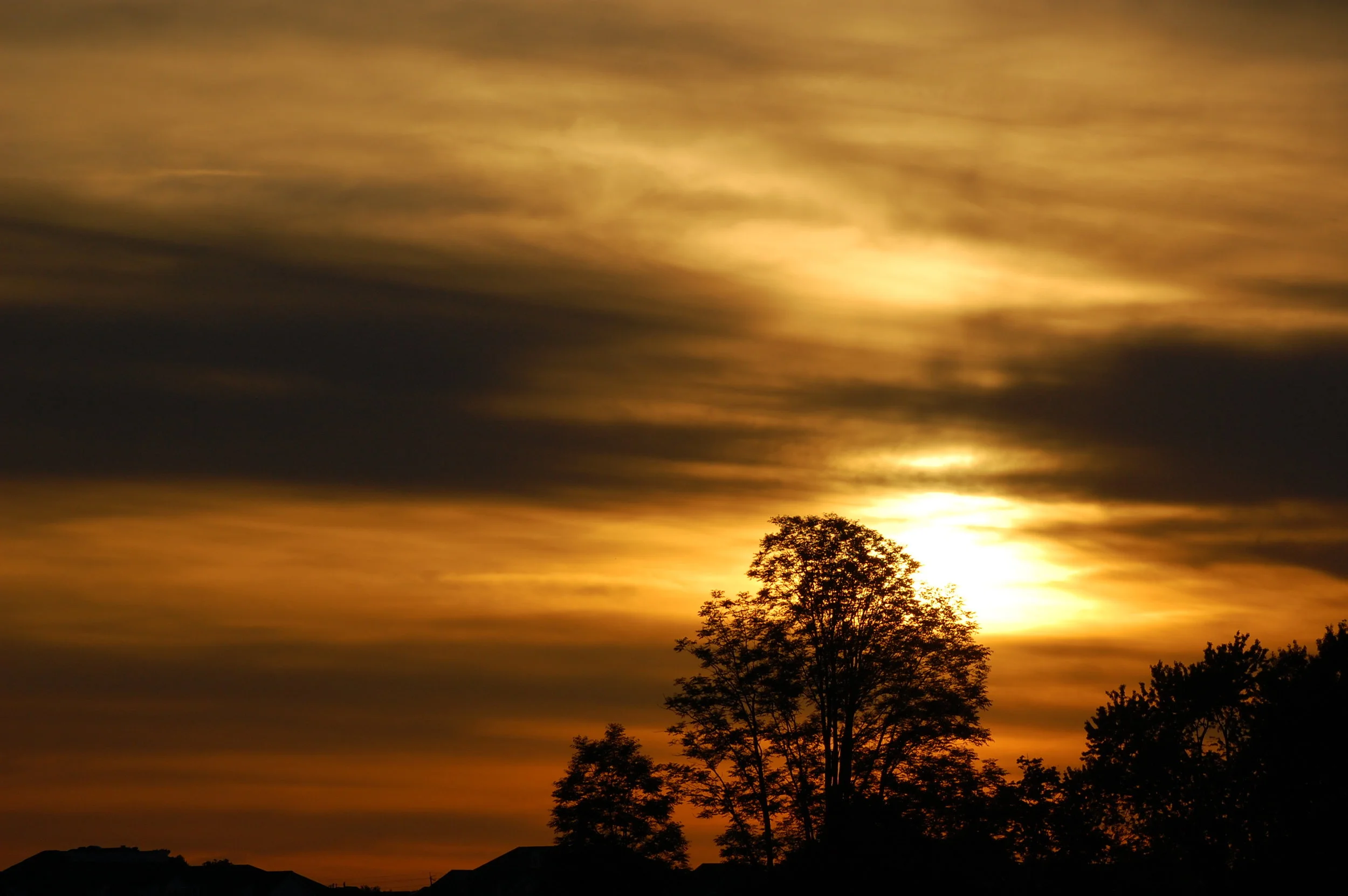
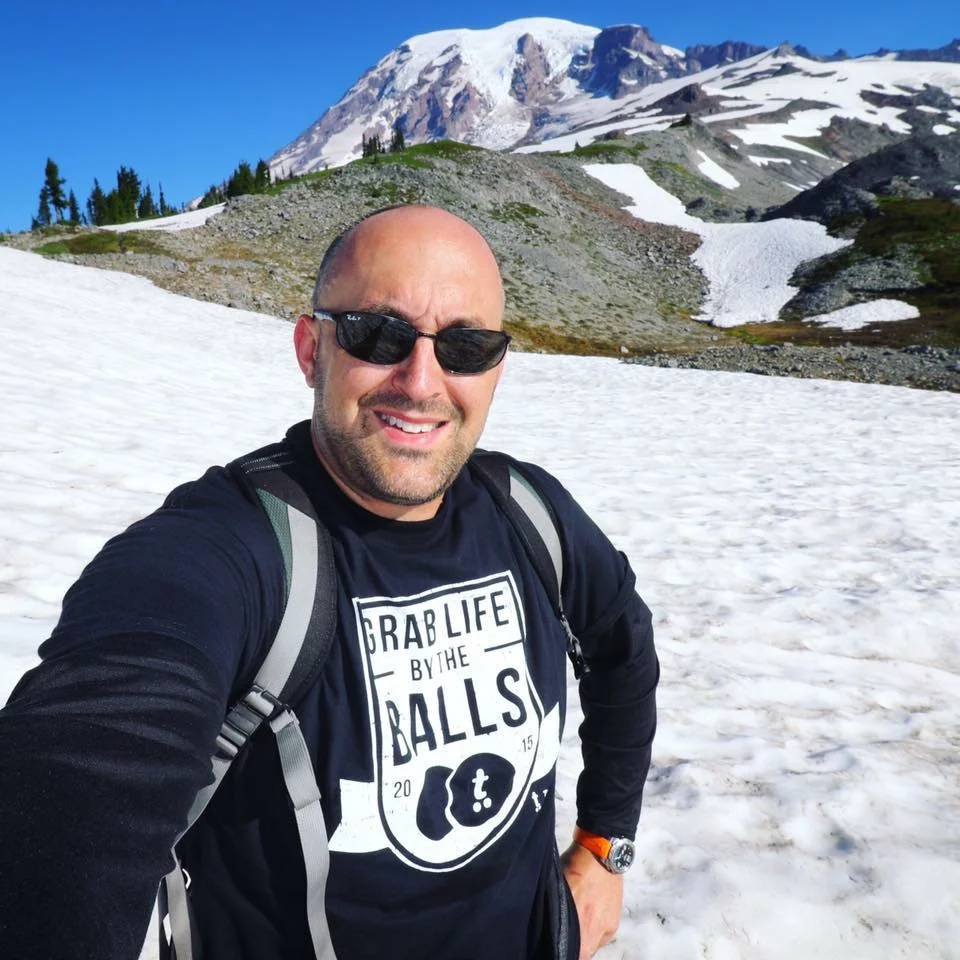








It’s been ages since I’ve done much in the way of writing about my cancer journey here, but it’s time to start writing again.